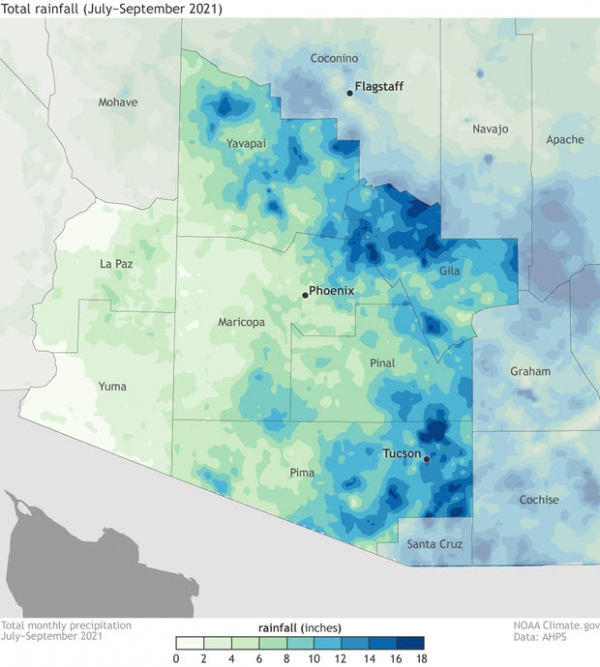The largest identified single outbreak in U.S. history of West Nile virus disease, a potentially fatal mosquito-borne illness, occurred in Arizona last summer.
articles
How the Earth is Changing
Climate change is a complicated phenomenon with a variety of both abrupt and gradual effects that scientists are working hard to uncover.
Fish Full of Antifreeze Protein Found off Greenland
In 2019, Museum researchers diving in the icy waters surrounding Greenland discovered something unexpected: a small fish glowing in green and red.
Solving Everest’s Wildlife Mysteries with eDNA
A team of scientists led by the Wildlife Conservation Society (WCS) and Appalachian State University used environmental DNA (eDNA) to document the breadth of high-alpine biodiversity present on Earth’s highest mountain, 29,032-foot Mt. Everest (8,849 m).
Compound Extreme Events Stress the Ocean
When marine heatwaves and ocean acidity extreme events co-occur, it can have severe impacts on marine ecosystems.
Carbon Emissions and Grocery Shopping: EVs and Home Delivery Better, ‘Trip Chaining’ and Robots Best
The COVID-19 pandemic changed the way grocery stores do business, with online sales rising more than 50% from 2019 to 2020 in the United States.










